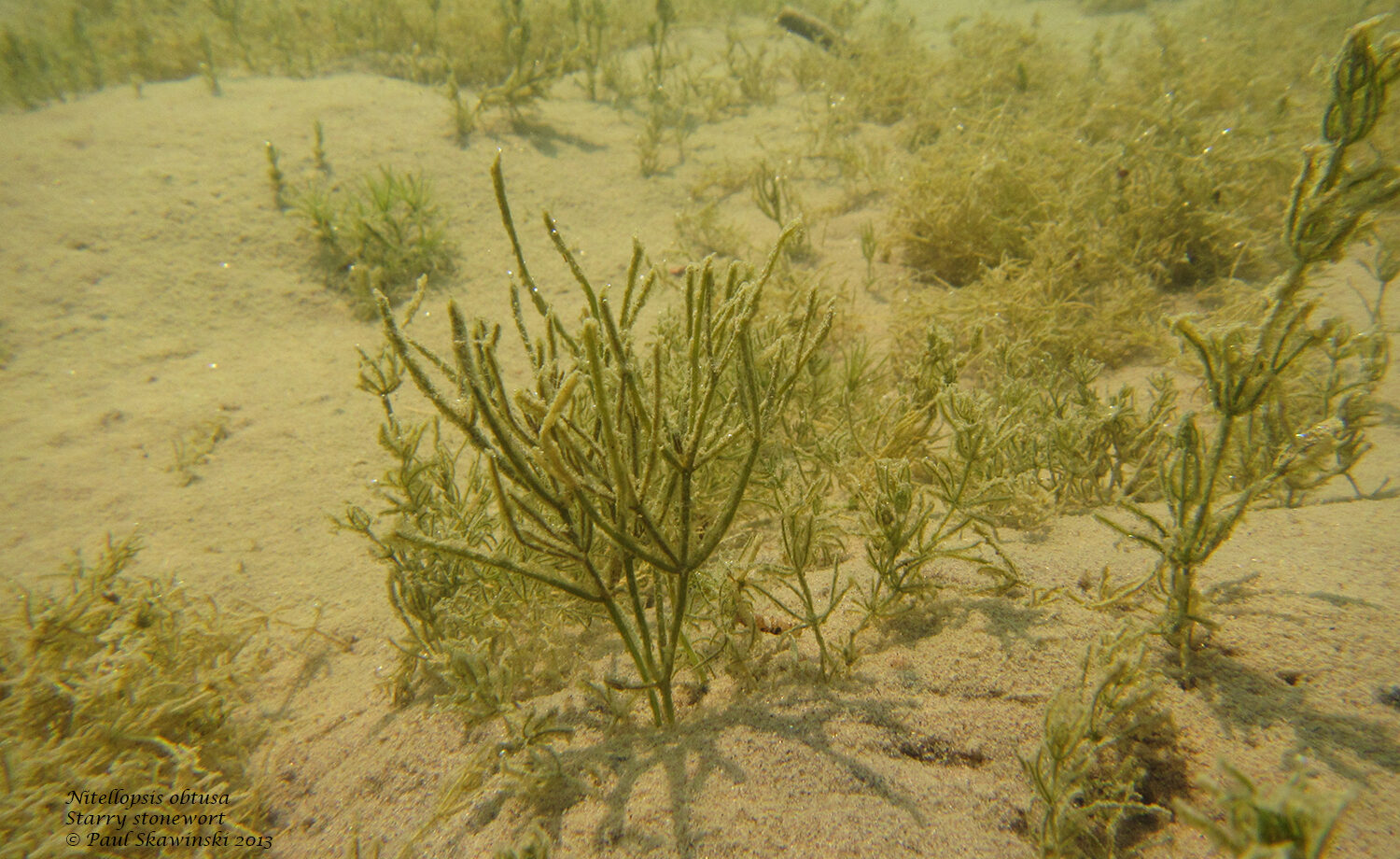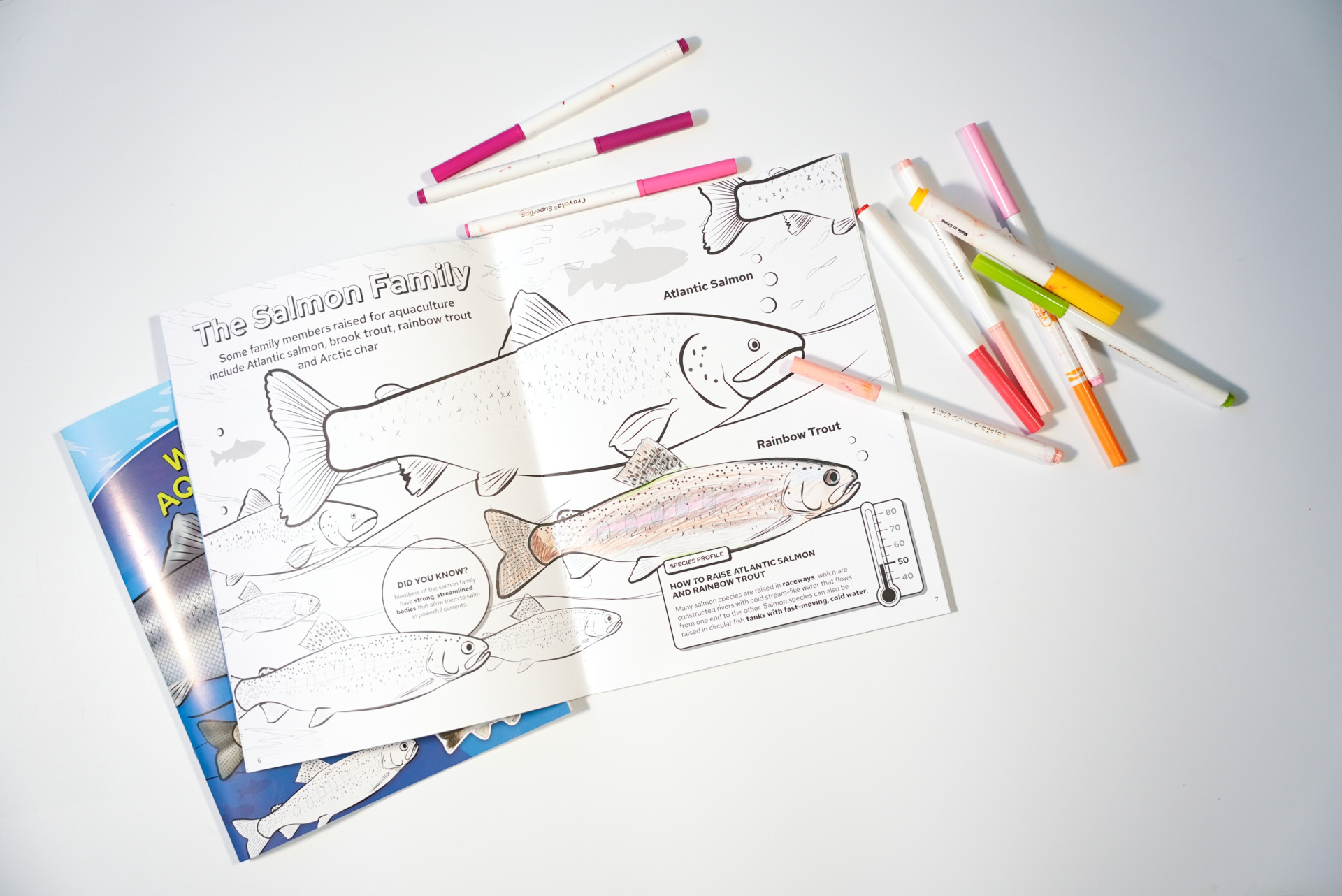One is using a new way to process scientific data that could help keep beaches safe and clean. The other is helping to map the effects invasive zebra and quagga mussels are having on the food web in Green Bay.
Both Morgan Rose Schroeder and Kaitlyn Taylor are recipients of the 2012 Carl J. Weston Memorial Scholarship. The annual Weston Scholarship, established in 1995, awards $750 to undergraduate students who are involved in a Wisconsin Sea Grant-supported project.
For the past year, Schroeder, a UW-Milwaukee senior from Janesville, Wisconsin, has been working closely with Sandra McLellan at the UW-Milwaukee School of Freshwater Sciences, using a specialized computer program called QIINE to process DNA sequence samples. It’s a quick and efficient way to identify and isolate the most common bacteria found in the sands of Milwaukee-area beaches.
“These sequences tell us how much and what species of bacteria are in each sample,” explained Schroeder. “Once we’ve identified them, we can use them as markers to assess if it is a clean or polluted beach.”
Schroeder is a math major with computer science skills who became interested in applying those skills to microbiology. She eventually hopes to pursue a master’s degree in computational biology. Her ability to quickly process bioinformatics is already proving invaluable to McLellan’s work.
Taylor, a UW-Madison junior from Madison, Wisconsin, is focusing her studies on biological systems and environmental studies. She spent her summer in the field, assisting Bryan Althouse, a graduate student in UW-Madison zoology professor Jake Vander Zanden’s lab.
Twice a week, Taylor and Althouse collected zooplankton and algae samples from the bay, key pieces in a plan to map the entire ecosystem through lab analysis. Given the massive changes the invasion of filter-feeding zebra and quagga mussels have wrought on the bay’s food web and nutrient loading, Taylor’s work takes on an added importance.
“Collecting these samples will allow us to do some multidimensional scaling, comparing the algae production through space and time and the multi-dimensional scaling against different environmental factors like light and chlorophyll-a,” said Taylor. “We’ll be able to tell which types of algae are being produced in abundance.”
Mapping an ecosystem is no small task, and Vander Zanden is glad to have a Weston scholar on the job. “Kaity is bright and has lots of enthusiasm,” said Vander Zanden. “We’re delighted to be able to give her a chance to get hands-on research experience with freshwater ecosystems.”
Taylor hopes to work in the natural sciences field one day, perhaps doing community outreach. For now, she’s enjoying the field work. “Being outside several time a week, in Green Bay and Door County—that’s a pretty great work environment,” said Taylor.





